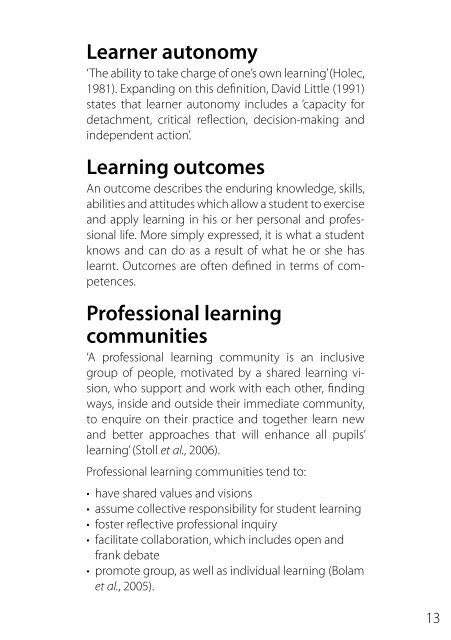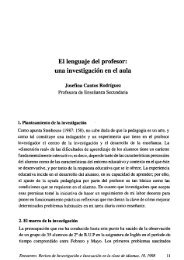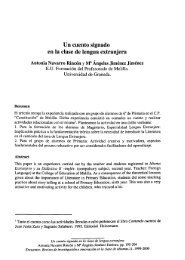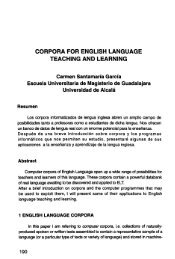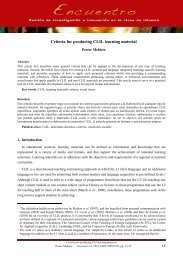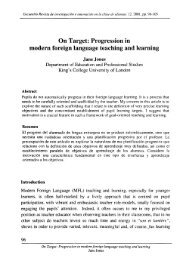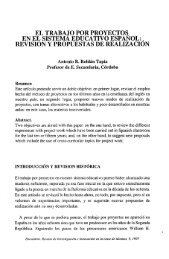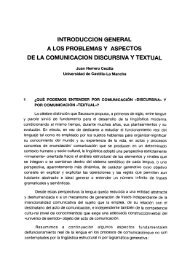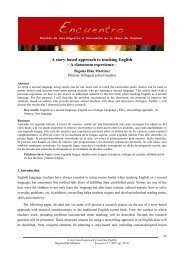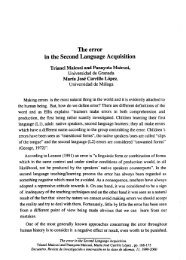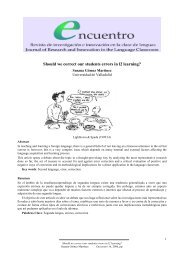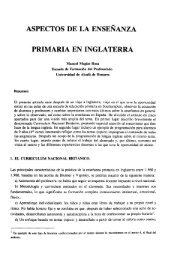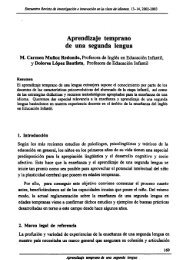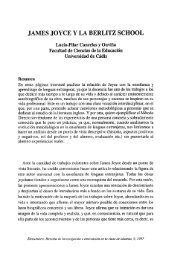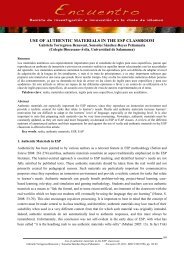European Framework for CLIL Teacher Education - CLIL-CD ...
European Framework for CLIL Teacher Education - CLIL-CD ...
European Framework for CLIL Teacher Education - CLIL-CD ...
You also want an ePaper? Increase the reach of your titles
YUMPU automatically turns print PDFs into web optimized ePapers that Google loves.
Learner autonomy<br />
‘The ability to take charge of one’s own learning’ (Holec,<br />
1981). Expanding on this definition, David Little (1991)<br />
states that learner autonomy includes a ‘capacity <strong>for</strong><br />
detachment, critical reflection, decision-making and<br />
independent action’.<br />
Learning outcomes<br />
An outcome describes the enduring knowledge, skills,<br />
abilities and attitudes which allow a student to exercise<br />
and apply learning in his or her personal and professional<br />
life. More simply expressed, it is what a student<br />
knows and can do as a result of what he or she has<br />
learnt. Outcomes are often defined in terms of competences.<br />
Professional learning<br />
communities<br />
‘A professional learning community is an inclusive<br />
group of people, motivated by a shared learning vision,<br />
who support and work with each other, finding<br />
ways, inside and outside their immediate community,<br />
to enquire on their practice and together learn new<br />
and better approaches that will enhance all pupils’<br />
learning’ (Stoll et al., 2006).<br />
Professional learning communities tend to:<br />
• have shared values and visions<br />
• assume collective responsibility <strong>for</strong> student learning<br />
• foster reflective professional inquiry<br />
• facilitate collaboration, which includes open and<br />
frank debate<br />
• promote group, as well as individual learning (Bolam<br />
et al., 2005).<br />
13


